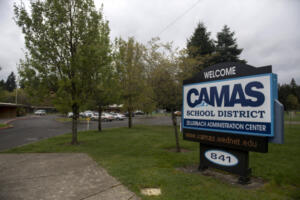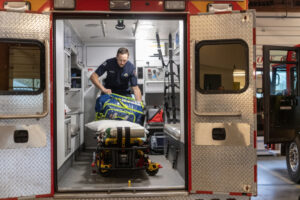Love ‘em or hate ‘em, fireworks have again reared their divisive heads during recent Camas City Council meetings.
“We simply don’t agree on this issue,” Councilmember Marilyn Boerke said Monday, adding that the Camas community also is divided on whether or not the City should further regulate the sale and use of personal fireworks. “I don’t see any outcome that will be positive. Even when we vote, the issue won’t die.”





